Fairview Solitude Shiraz 2002

Product Details
Your Rating
Somm Note
Winemaker Notes
Colour: Dark ruby red.
Palate: Follows through with sweet spicy fruit.
Aroma: Pepper, ripe black fruit, mint and a touch of marmite.
Cellaring: Drinks well now, but will improve with 3 to 5 years in the bottle.
Other Vintages
2001-
Wine
Spectator


Today, some three decades later, grandson Charles Back II has brought Fairview wines to world markets. One of South Africa's pre-eminent vintners, he has earned Fairview (and its ancillary brands Spice Route, Goats Do Roam and Agostinelli) a reputation for consistent quality across a range of innovative styles, using both classic and unusual varieties. And he has helped pioneer a modern culture of wine growing in South Africa that embraces typicity of terroir, unrestricted by "estate" appellation, by both developing his own vineyards to their full potential and seeking out new viticultural sites to grow fruit for wines to please popular tastes and discerning palates. Charles Back's philosophy is that wine is an integral and joyful part of everyday life.

Marked by an unmistakable deep purple hue and savory aromatics, Syrah makes an intense, powerful and often age-worthy red. Native to the Northern Rhône, Syrah achieves its maximum potential in the steep village of Hermitage and plays an important component in the Red Rhône Blends of the south, adding color and structure to Grenache and Mourvèdre. Syrah is the most widely planted grape of Australia and is important in California and Washington. Sommelier Secret—Such a synergy these three create together, the Grenache, Syrah, Mourvedre trio often takes on the shorthand term, “GSM.”

With an important wine renaissance in full swing, impressive red and white bargains abound in South Africa. The country has a particularly long and rich history with winemaking, especially considering its status as part of the “New World.” In the mid-17th century, the lusciously sweet dessert wines of Constantia were highly prized by the European aristocracy. Since then, the South African wine industry has experienced some setbacks due to the phylloxera infestation of the late 1800s and political difficulties throughout the following century.
Today, however, South Africa is increasingly responsible for high-demand, high-quality wines—a blessing to put the country back on the international wine map. Wine production is mainly situated around Cape Town, where the climate is generally warm to hot. But the Benguela Current from Antarctica provides brisk ocean breezes necessary for steady ripening of grapes. Similarly, cooler, high-elevation vineyard sites throughout South Africa offer similar, favorable growing conditions.
South Africa’s wine zones are divided into region, then smaller districts and finally wards, but the country’s wine styles are differentiated more by grape variety than by region. Pinotage, a cross between Pinot Noir and Cinsault, is the country’s “signature” grape, responsible for red-fruit-driven, spicy, earthy reds. When Pinotage is blended with other red varieties, like Cabernet Sauvignon, Merlot, Syrah or Pinot Noir (all commonly vinified alone as well), it is often labeled as a “Cape Blend.” Chenin Blanc (locally known as “Steen”) dominates white wine production, with Chardonnay and Sauvignon Blanc following close behind.
